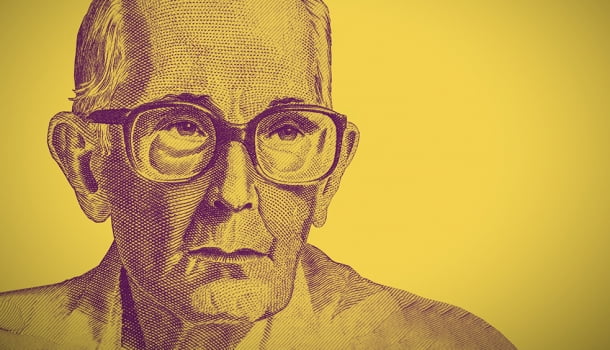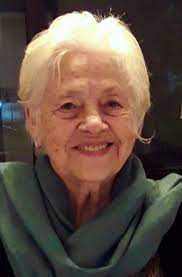
Carlos Drummond de Andrade (1902-1987)
On this tolerably comfortable terrace,
we drink beer and look out at the sea.
We know that nothing will happen to us.
The building’s solid and so too the world.
We know that every building houses a thousand bodies
toiling away in a thousand identical compartments.
Sometimes some wearily enter the elevator
and come up here to breathe the ocean breeze,
which is a privilege of these buildings.
The world really is made of reinforced concrete.
Surely, if there was a rogue cruiser,
anchored in the bay opposite the city,
life would be uncertain. . . unlikely. . .
But in the calm waters there are only trusty sailors.
How cordial the fleet is!
We can drink our beers with honour.
1940
Carlos Drummond de Andrade
(translation by John Lyons)
Privilégio do Mar
Neste terraço mediocremente confortável,
bebemos cerveja e olhamos o mar.
Sabemos que nada nos acontecerá.
O edifício é sólido e o mundo também.
Sabemos que cada edifício abriga mil corpos
labutando em mil compartimentos iguais.
Às vezes, alguns se inserem fatigados no elevador
e vêm cá em cima respirar a brisa do oceano,
o que é privilégio dos edifícios.
O mundo é mesmo de cimento armado.
Certamente, se houvesse um cruzador louco,
fundeado na baía em frente da cidade,
a vida seria incerta.. . improvável. . .
Mas nas águas tranqüilas só há marinheiros fiéis.
Como a esquadra é cordial!
Podemos beber honradamente nossa cerveja.

